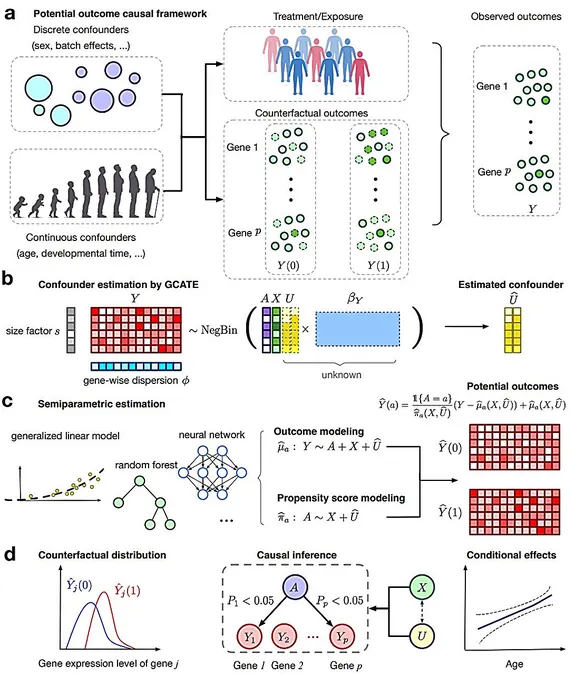
Revolutionizing Rheumatoid Arthritis Treatment: Breakthroughs That Can Transform Lives!
2025-05-27
Author: Ming
Rheumatoid arthritis (RA) isn't just a joint problem—it's a widespread autoimmune disease that impacts around 1.5 million people in the U.S., causing chronic pain and increasing the risk for serious complications, including organ damage and heart disease!
The Hidden Dangers of RA
Dr. Betty Hsiao, a rheumatologist at Yale Medicine, emphasizes that RA can affect nearly any organ, from skin to lungs to heart, highlighting the need for comprehensive treatment.
Innovative Treatments on the Horizon
Fortunately, researchers are making strides in managing this debilitating condition. While there's still no cure, advancements in medication are helping to slow disease progression and alleviate symptoms. Traditional treatments often start with disease-modifying antirheumatic drugs (DMARDs), which suppress the immune response to reduce inflammation.
Enter the JAK Inhibitors!
The latest game-changers are Janus kinase (JAK) inhibitors—newly FDA-approved oral medications that specifically target inflammation-causing proteins in the body. These innovative treatments are proving to be highly effective.
A Holistic Approach to Management
The American College of Rheumatology has stepped up by introducing guidelines that pair exercise, rehabilitation, and diet with medication to create a well-rounded management plan for RA. Regular physical activity isn't just encouraged; it’s a crucial element.
Understanding the Symptoms
RA often targets the same joints on both sides of the body, particularly the smaller joints of the hands and feet. Key symptoms include painful, swollen joints, prolonged morning stiffness, and fatigue. If you notice these signs, it's vital to consult a healthcare provider.
Navigating Treatment Options
If diagnosed, most rheumatologists kick off treatment with DMARDs, with Methotrexate being the go-to drug due to its extensive track record. While effective, DMARDs can suppress the immune system, leading to a heightened risk for infections.
Exploring Advanced Therapies
Should traditional therapies fail, there are cutting-edge alternatives available, such as biologic DMARDs and targeted synthetic DMARDs, which hone in on specific elements of the immune system. However, patients on these medications require regular monitoring due to potential side effects.
Empowering Patient Choices
As treatment paths can be complex, shared decision-making with healthcare providers is vital to align therapy with patient preferences, whether that’s cost considerations, ease of administration, or minimizing side effects.
With ongoing research and improved treatment strategies, those battling rheumatoid arthritis have more hope than ever before—a brighter path towards pain relief and a better quality of life!




 Brasil (PT)
Brasil (PT)
 Canada (EN)
Canada (EN)
 Chile (ES)
Chile (ES)
 Česko (CS)
Česko (CS)
 대한민국 (KO)
대한민국 (KO)
 España (ES)
España (ES)
 France (FR)
France (FR)
 Hong Kong (EN)
Hong Kong (EN)
 Italia (IT)
Italia (IT)
 日本 (JA)
日本 (JA)
 Magyarország (HU)
Magyarország (HU)
 Norge (NO)
Norge (NO)
 Polska (PL)
Polska (PL)
 Schweiz (DE)
Schweiz (DE)
 Singapore (EN)
Singapore (EN)
 Sverige (SV)
Sverige (SV)
 Suomi (FI)
Suomi (FI)
 Türkiye (TR)
Türkiye (TR)
 الإمارات العربية المتحدة (AR)
الإمارات العربية المتحدة (AR)